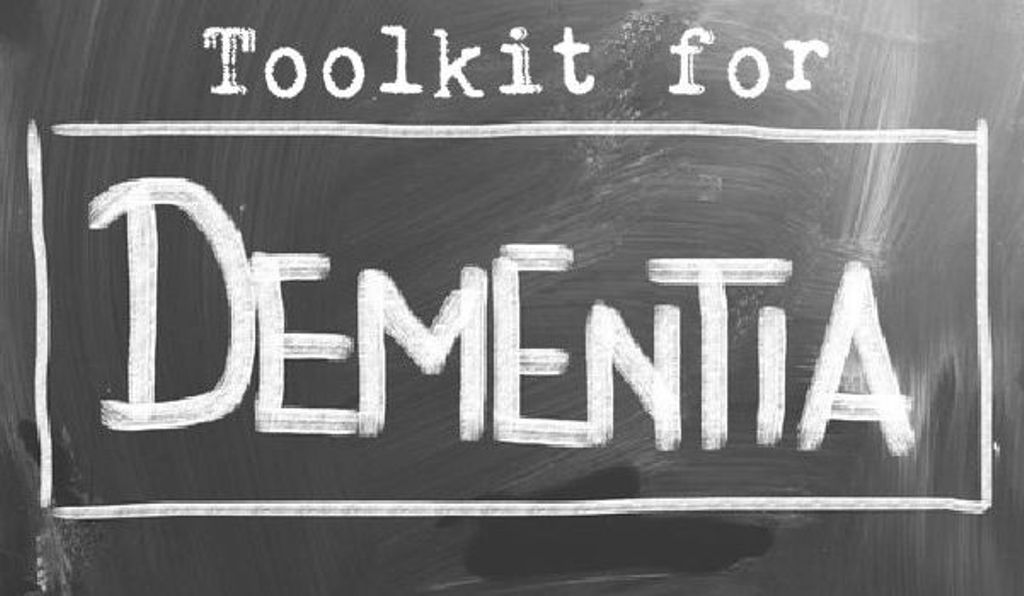High Risk of Institutionalization
About 5 million Americans have Alzheimer’s Disease and 90% of those are abusive. This is important because this situation puts these patients at higher risk for institutionalization, greater functional decline, and domestic abuse. Up to this point, prescribing medication has been the preferred method for managing and controlling the Behavioral and Psychological Symptoms of Dementia (BPSD). However, this adds to the already hefty arsenal of drugs currently taken by most senior citizens. Obviously, we should not enter into this lightly since they are often accompanied by significant and dangerous side effects. Accordingly, we need better mechanisms for handling these dementia patients.
Toolkit with Best Practices
An article in January/February 2014 issue of Geriatric Nursing entitled “Promoting Positive Behavioral Health: A Non-Pharmacological Toolkit for Senior Living Communities” unearths a great find: a toolkit which was peer reviewed and endorsed by experts and designed to centralize the most up to date best practices for handling these challenging situations. Specifically, a team of clinicians assembled data on how to deal with BPSD. Moreover, they went beyond the parameters of the antipsychotic medications normally prescribed. The goal is for these alternative methods to be the first course of action in treating dementia.
The toolkit is available at http://www.nursinghometoolkit.com/ and you can navigate through the tabs on top and get to an area of interest. Thus, searching through the site will yield a plethora of information including non-pharmacological approaches to dealing with dementia. Furthermore, a helpful graph of approaches can be found in a document entitled “Review of Non-pharmacological Approaches for Treating Behavioral and Psychological Symptoms of Dementia“.
Additional Approaches
This effort meshes with a program which began in March 2012 by the Centers for Medicare and Medicaid Services (CMS), the “Initiative to Improve Behavioral Health and Reduce Antipsychotic Use in Nursing Homes” where it partnered with associations such as the American Medical Directors Association (AMDA) for a comprehensive approach for limiting the use of dementia controlling medications in this population as part of their overall “Partnership to Improve Dementia Care in Nursing Homes”. Please click on these links to explore their work.
As with everything, we need to be advocates for our loved ones. To that end, take time to investigate the latest best practices for dementia patients. This can yield a better quality of life for both the dementia patients. Consequently, those around them will benefit as well. We owe it to our seniors and their loved ones/caregivers to explore any adjunct or replacement treatments. As always, the end goal is to alleviate the often devastating symptoms of Alzheimer’s and dementia. This handy tool is worth a look.
David York Agency Home Healthcare Can Help Seniors
At David York Agency, we understand the many challenges and risks faced by the aging and elderly and are dedicated to providing care to support them through all of those ups and down. At David York Home Healthcare Agency, extraordinary service is what sets us apart from other companies that provide in home healthcare services.
DYA we could provide direction as to how to manage the total care of your senior loved one. Whatever your care needs, we are there for you, always striving to exceed your expectations. For more information about David York Agency’s qualified, compassionate caregivers, contact us at (718) 376-7755. A free phone consultation can help you determine what services would meet your needs. We aim to provide you and your loved one with the assistance they need. If you’d like to hear more from us, please like us on Facebook or follow us on Twitter or LinkedIn.
For more helpful tips and information, check out our blog or contact us today.







